
DMAA (1,3-dimethylamylamine) is a powerful stimulant that has sparked a lot of debate in the fitness and supplement world.
Originally used as a nasal decongestant, it's now popular in pre-workout supplements for its energy-boosting effects. But with power comes controversy.
The safety and legality of DMAA are hot topics, leading to bans in several countries and warnings from health authorities like the FDA.
This guide cuts through the noise to give you the straight facts on DMAA, its uses, and what you need to know about safety and legality.
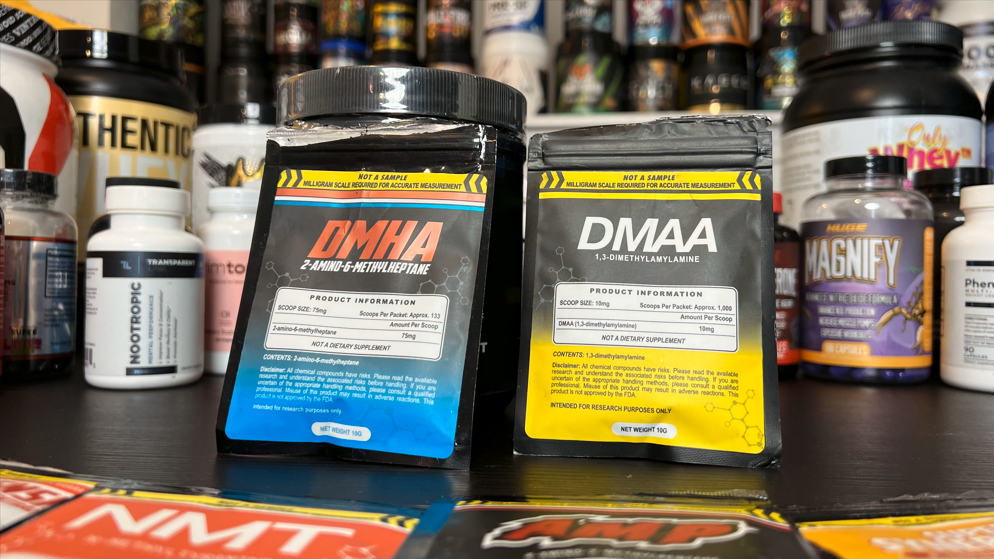
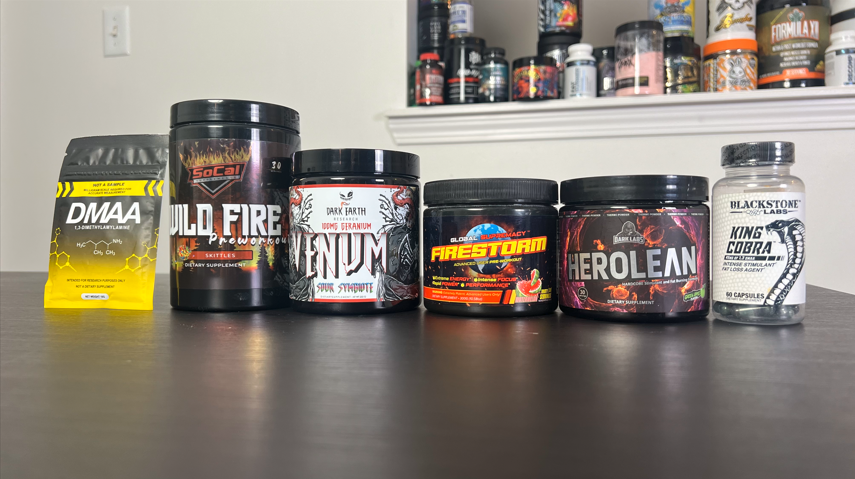
When it comes to fitness and supplements, experience speaks volumes.
I'm not just another writer behind a screen; I've been deeply immersed in the world of fitness since 2004.
My journey began with a commitment to exercise and quickly expanded to include a fascination with the power of supplements to enhance performance and results.
Since 2007, I've experimented with a wide range of pre-workouts and supplements, always seeking that extra edge in my workouts.
My relationship with DMAA started around 2010.

Unlike many who may have briefly dabbled with it, I've used DMAA-containing pre-workouts intermittently, gaining firsthand experience with its effects, benefits, and downsides.
This isn't about chasing trends; it's about understanding what genuinely works and what doesn't.
FitFrek was launched in 2013 out of a passion for sharing genuine, tested fitness insights.
This platform isn't just a website; it's a culmination of years of hands-on experience, rigorous testing, and a relentless pursuit of fitness excellence.
When I talk about DMAA or any supplement, it's from a place of extensive personal and professional experience.
Here, you'll find not just information, but knowledge shaped by years of real-world application and a deep understanding of the fitness landscape.

Understanding DMAA requires a dive into what science says about its effects and safety.
Research on DMAA is limited but revealing.
Studies have shown that DMAA can significantly increase blood pressure and heart rate, which underscores the concerns about its cardiovascular risks.
For instance, a study published in the "Journal of the International Society of Sports Nutrition" highlighted that DMAA could elevate blood pressure without improving athletic performance, questioning its risk-to-benefit ratio.

The legal landscape for DMAA is as complex as its safety profile.
Over the years, regulatory bodies worldwide have scrutinized DMAA, leading to a patchwork of legal statuses:

Navigating the use of DMAA requires understanding its recommended dosages and adhering to safety guidelines.
Given the potent nature of DMAA and its associated risks, caution is paramount.
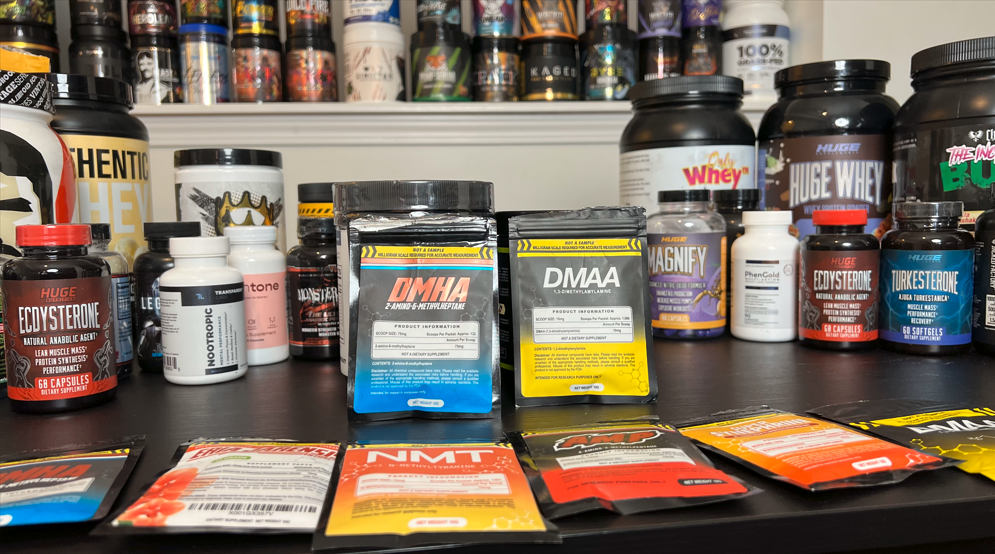

The use of DMAA is not without its risks and potential side effects.
Understanding these is crucial for anyone considering DMAA as part of their fitness regimen.
The primary concerns revolve around cardiovascular health, but the effects can be broader.


The FDA and other health organizations have issued warnings about the risks associated with DMAA. These warnings are based on adverse event reports and underline the potential dangers of using this substance without caution.
While scientific research provides a foundation for understanding DMAA, user experiences and anecdotal evidence offer additional insights.
These personal accounts can vary widely, reflecting the subjective nature of supplement use.
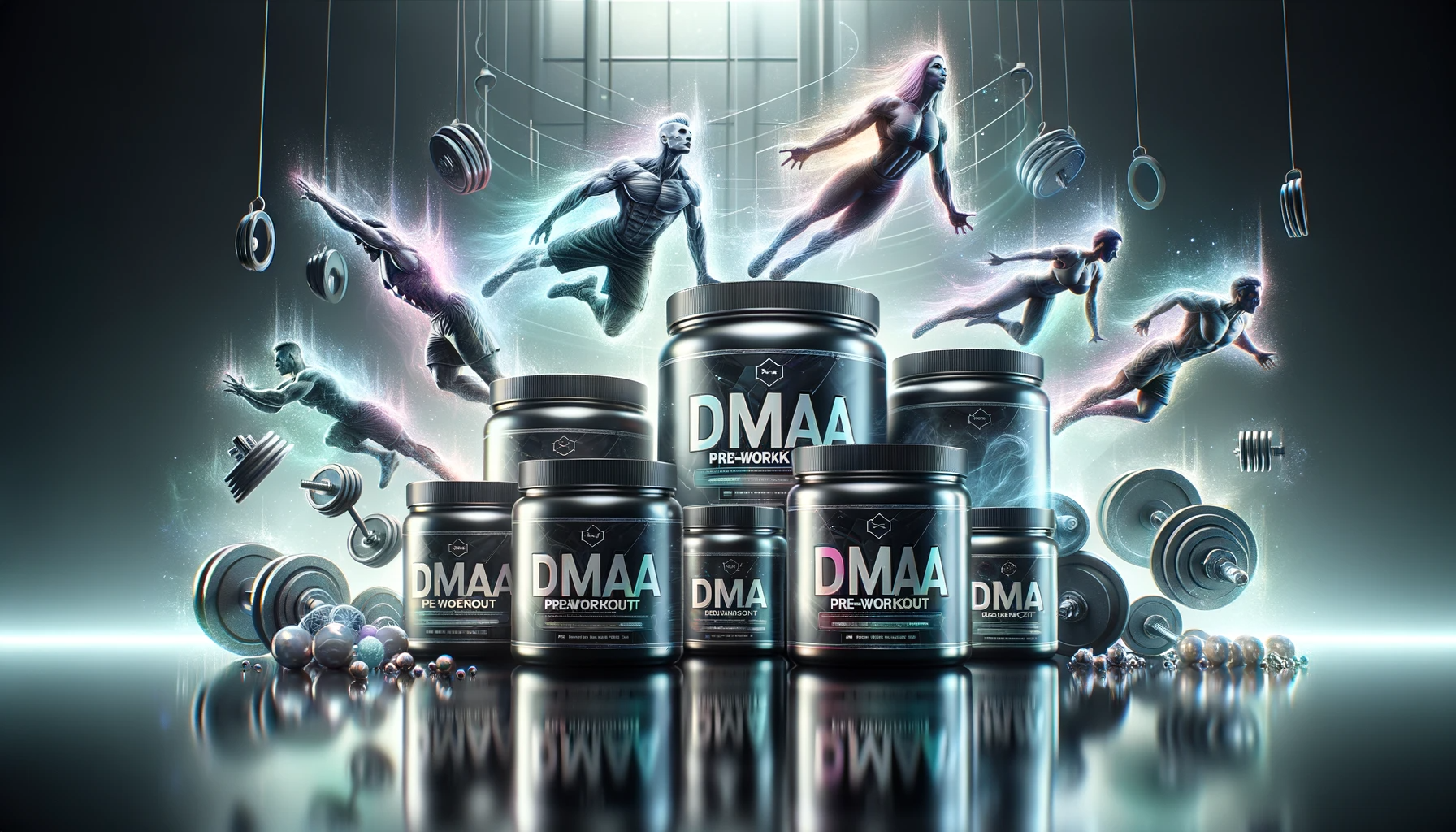

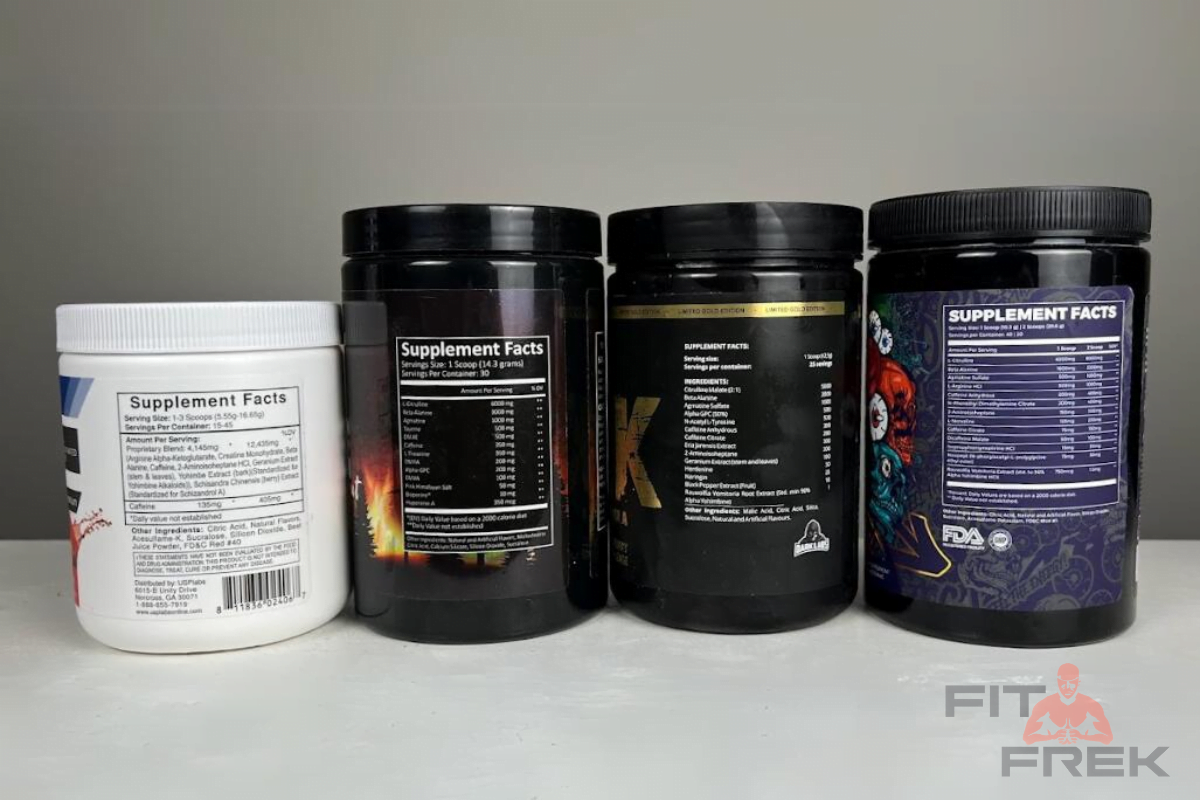
Mixing DMAA with other supplements, especially stimulants, can amplify both effects and risks.
Here’s what you need to know if you're considering such combinations:


Given the legal and health concerns surrounding DMAA, many fitness enthusiasts and athletes are seeking safer alternatives.
These alternatives can provide similar benefits—such as increased energy, improved focus, and enhanced workout performance—without the associated risks.
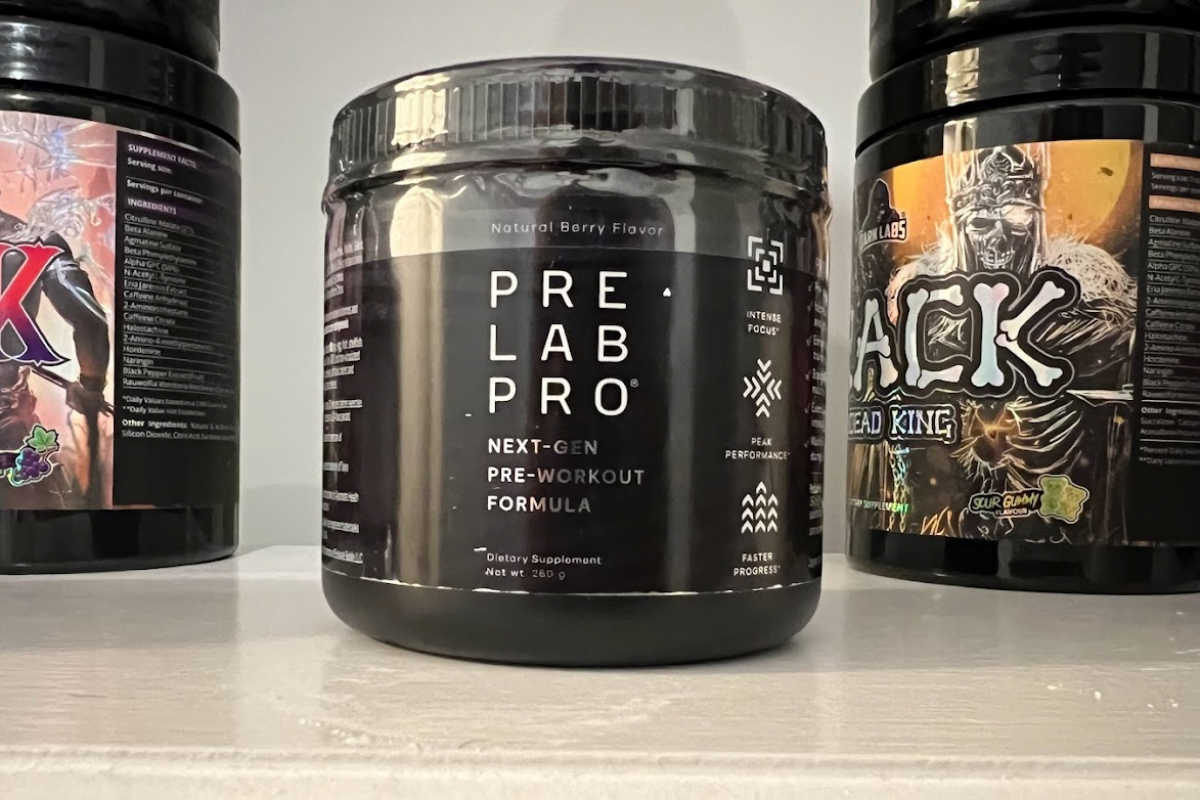

When exploring the use of DMAA or considering alternatives, questions often arise.
Here are answers to some frequently asked questions, with links to further reading on our site for in-depth information.
This concludes the structured guide on DMAA, covering its introduction, scientific evidence, legal status, recommended dosages, potential side effects, user experiences, combinations with other supplements, alternatives, and frequently asked questions.
Each section has been designed to provide comprehensive insights into DMAA, addressing concerns about safety, legality, and usage while offering practical advice and safer alternatives for those seeking to enhance their fitness journey.
Remember, the decision to use any supplement, including DMAA, should be made with careful consideration of the potential risks and benefits.
Consulting with healthcare professionals, staying informed about the latest research and regulatory updates, and prioritizing your health and safety are paramount steps in navigating the complex world of dietary supplements.
Whether you're exploring options to boost your workout performance, seeking energy enhancement, or simply curious about DMAA and its alternatives, this guide aims to equip you with the knowledge needed to make informed decisions.
As the landscape of dietary supplements continues to evolve, staying informed and cautious will help you navigate your fitness journey safely and effectively.
Useful Links
 About FitFrek
About FitFrekFitFrek operates as an independent platform, offering comprehensive workouts, programs, routines, guides, and unbiased reviews to accelerate your progress. We pride ourselves on our honesty, delivering straightforward and candid insights. FitFrek does not offer medical advice, diagnosis, or treatment services.